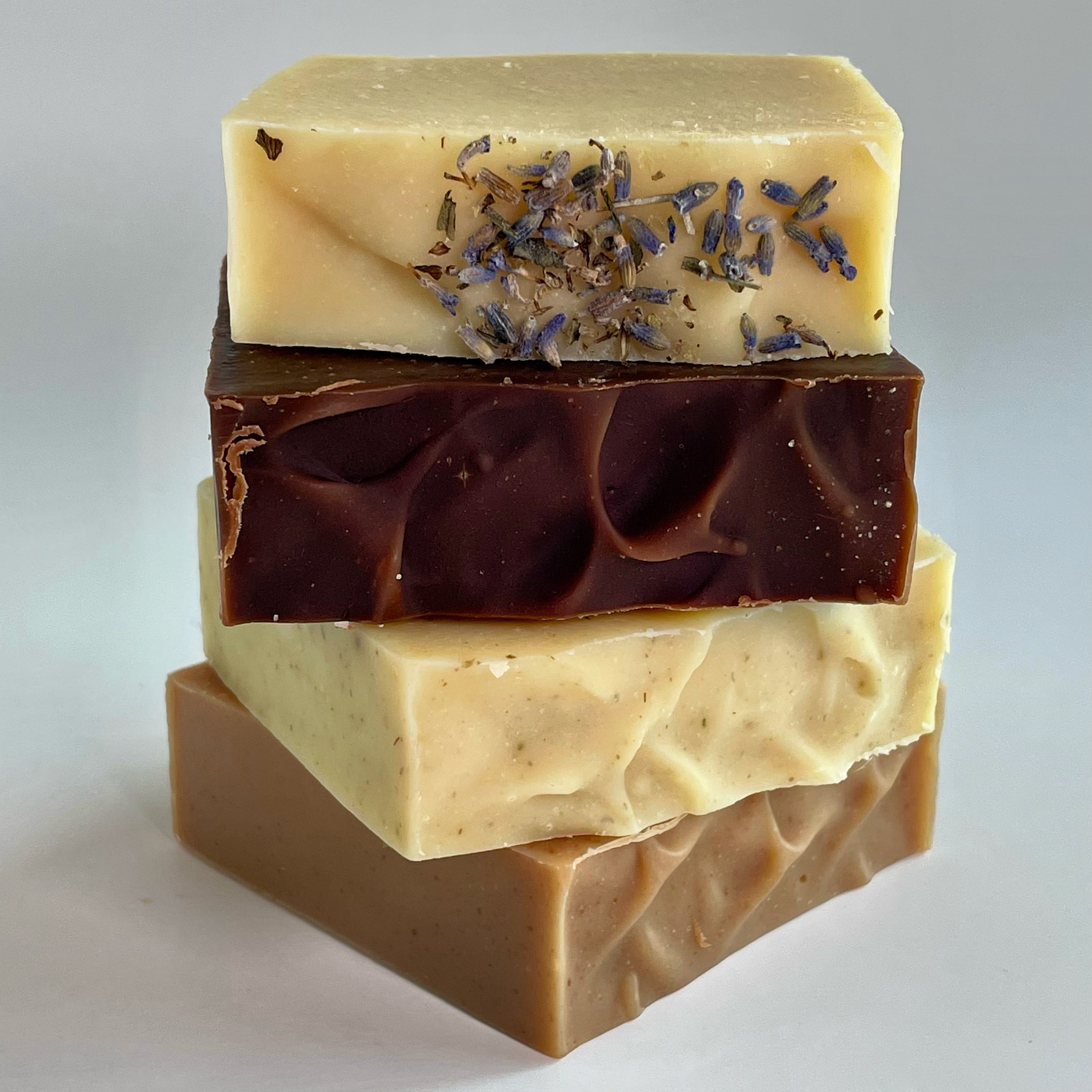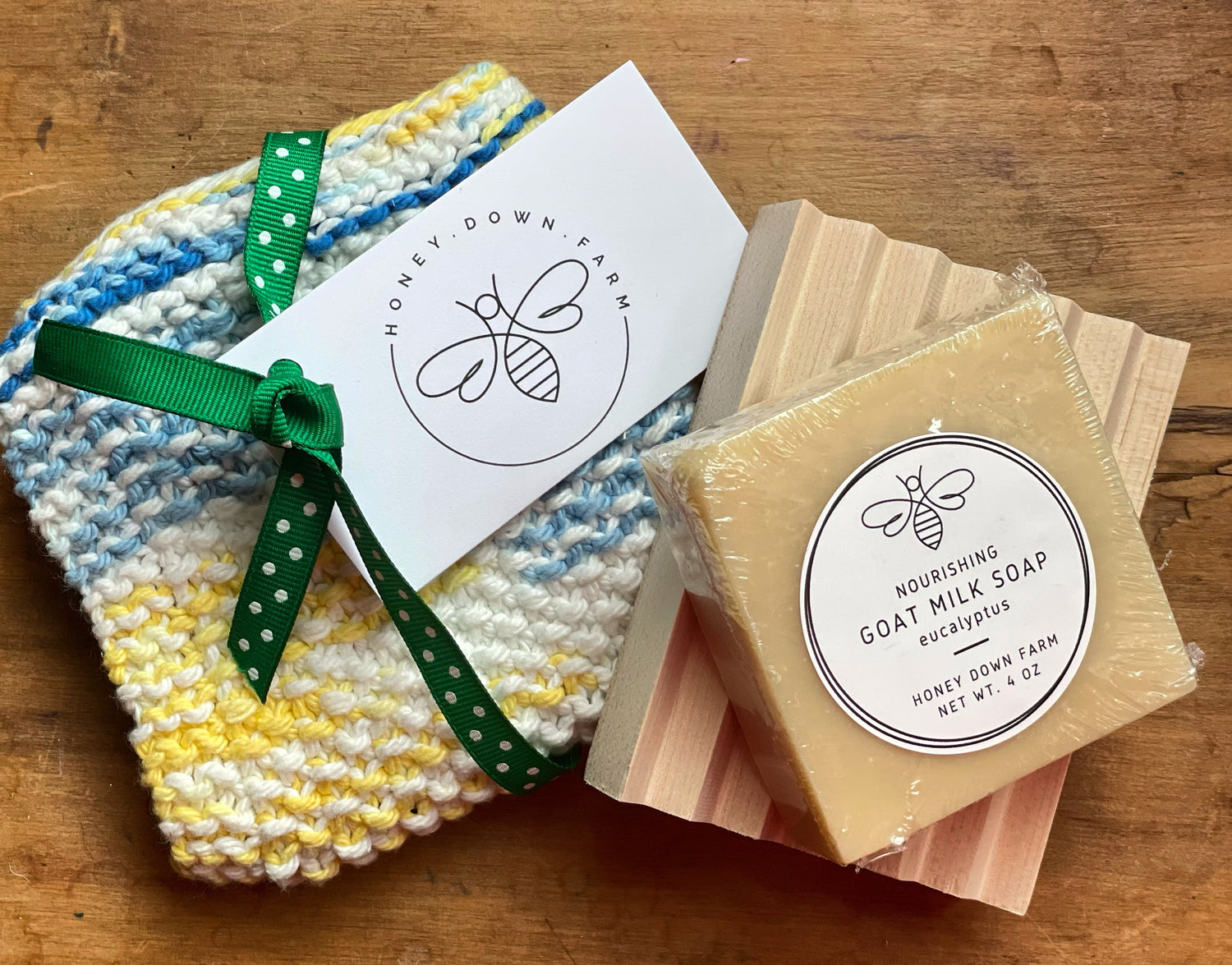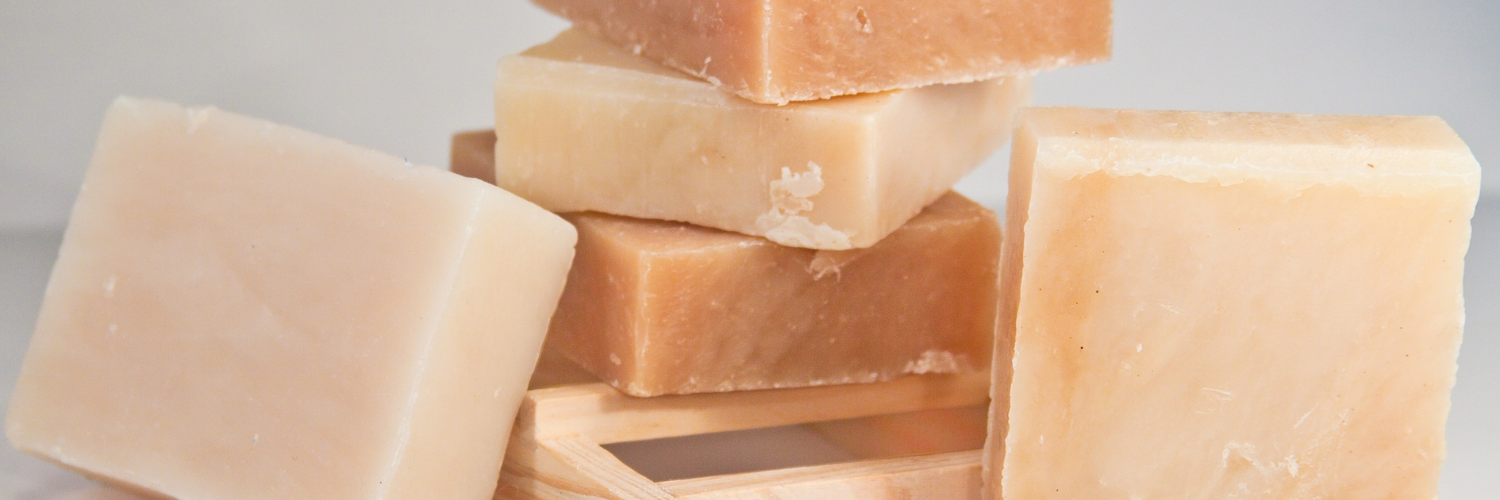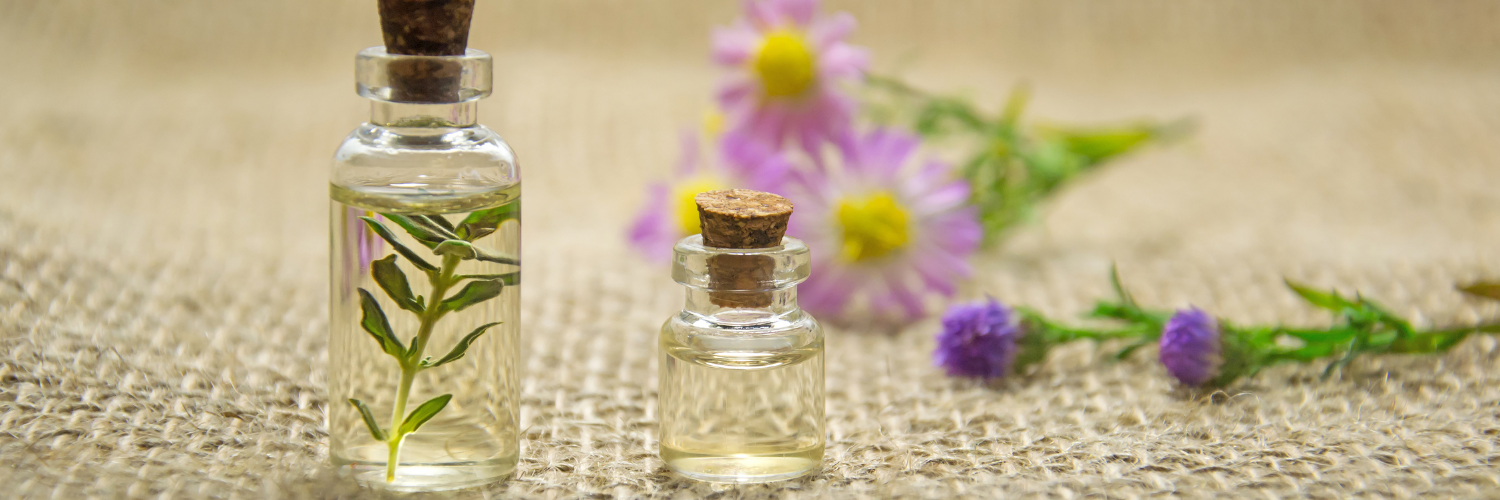Making your own soap is both a fun and rewarding experience, and you can make a variety of different types of soap depending on the oils you use. But, did you know that certain oils are better for making bar soap than others? In this blog article, we’ll explore the different types of oils for soap making, their benefits, and the best oils for making your own soap. So, let’s get started!
Introduction to Soap Making
Soap making is an age-old tradition that dates back to the Babylonians, who were the first to discover that mixing oils with alkaline substances, such as lye, creates a cleansing product. Today, soap makers use different combinations of oils, fats, and lye to create a variety of different types of soap, such as bar soap, liquid soap, and even shampoo. If you’re new to soap making, it can be a little daunting, but it doesn’t have to be! With the right ingredients and a little guidance, you can easily make your own soap at home. One of the most important ingredients you’ll need to make your own soap is the right kind of oil.
What Oils Are Best for Making Soap?
When it comes to making soap, there are many different types of oils you can use. Some of the most popular oils for soap making include coconut oil, olive oil, palm oil, and castor oil. You can also use other oils, such as almond oil, jojoba oil, and even avocado oil. The type of oil you choose will depend on the type of soap you want to make and the kind of benefits you want your soap to have. Different types of oils provide different benefits, so it’s important to understand the different types of oils and their benefits before you start making your own soap.
Different Types of Oils for Soap Making
Coconut oil is one of the most popular oils for soap making. It is a saturated fat and is highly moisturizing, which makes it great for making bar soap. It also provides a creamy lather and is great for people with sensitive skin and allergies.
Olive oil is another popular oil for soap making. It is a monounsaturated fat, which makes it milder than other oils. It is also very moisturizing and has a creamy lather. It is a great choice for people with dry or sensitive skin.
Palm oil is a common oil used in soap making. It is a saturated fat and is very moisturizing. It provides a creamy lather and is very hard, which makes it great for making bar soap. It is important to purchase palm oil from a company that participants in the Roundtable on Sustainable Palm Oil or RSPO. This organization was formed in 2004 in response to increasing concerns about the impacts palm oil was having on the environment and on society. The RSPO has production standards for growers that set best practices for producing and sourcing palm oil, and it has the buy-in of most of the global industry.
Sunflower oil is commonly used in cosmetic formulations as an emollient. The oil is primarily composed of linoleic acid, a polyunsaturated fat, and oleic acid, a monounsaturated fat. It’s non-irritating for most people, and can be used on all types of skin, including dry, normal, oily, and acne-prone.
Castor oil is another versatile oil that is often used in soap making. It is a monounsaturated fat and is very moisturizing. It also provides a creamy lather and is great for people with dry or sensitive skin.
Almond oil is a mild oil that is great for making bar soap. It is a monounsaturated fat and is highly moisturizing. It provides a nice lather and is great for people with sensitive skin.
Jojoba oil is a light oil that is great for making liquid soap. It is a monounsaturated fat and is highly moisturizing. It also provides a nice lather and is great for people with sensitive skin.
Avocado oil is a rich oil that is great for making bar soap. It is a monounsaturated fat and is highly moisturizing. It provides a creamy lather and is great for people with dry or sensitive skin.
Benefits of Using Oils for Soap Making
Using the right type of oil for soap making can provide a variety of benefits. Different types of oils provide different benefits, such as moisture, lather, hardness, and more. Using the right kind of oil can help make your soap more moisturizing, which is great for people with dry or sensitive skin. It can also help make your soap harder, which helps it last longer. It can also help make your soap more bubbly and lather better. Using different types of oils can also help you create a soap that is unique and tailored to your needs. For example, if you want a soap that is moisturizing and has a creamy lather, you can use a combination of coconut oil, olive oil, and castor oil.
The Best Oils for Making Soap
When it comes to choosing the best oils for making soap, there are a few that stand out. Coconut oil, olive oil, and palm oil are all great choices for making bar soap. Castor oil is a great choice for liquid soap and is also great for people with dry or sensitive skin. Almond oil and jojoba oil are also great choices for making liquid soap. Avocado oil is also a great choice for making bar soap. It is a rich oil that is highly moisturizing and provides a creamy lather.
Oils for Soap Making Chart PDF
Wholesale supply has a comprehensive pdf to help you choose the best oils for your soap making needs. In this chart, you’ll find detailed information on each oil, such as its benefits, type, and lather. You’ll also find a chart that compares the different oils and their benefits. This guide is a great resource for anyone looking to make their own soap. You can download the oil chart here.
Tips for Choosing the Best Oils for Soap Making
When it comes to choosing the best oils for soap making, there are a few things to keep in mind. First, consider the type of soap you are making. For example, if you are making bar soap, you’ll want to use a saturated fat, such as coconut oil or palm oil, as these will help make your soap harder and last longer. You’ll also want to consider the benefits you want your soap to have. Different types of oils provide different benefits, such as moisture, lather, and hardness. Consider what kind of benefits you want your soap to have and choose the oils accordingly. Finally, consider the type of skin you have. If you have dry or sensitive skin, you’ll want to choose oils that are milder and more moisturizing, such as olive oil and castor oil.
How to Use Oils for Soap Making
Once you’ve chosen the best oils for your soap making needs, you’ll need to know how to use them. In general, you’ll want to use a combination of different oils in order to get the benefits of each oil. For example, if you’re making bar soap, you’ll want to use a combination of coconut oil, olive oil, and castor oil in order to get the benefits of each oil. When it comes to measuring the oils, you’ll want to use a digital scale. This will help you get an accurate measurement of the oils and ensure that your soap comes out the way you want it to.
Conclusion
Making your own soap is a fun and rewarding experience, and you can make a variety of different types of soap depending on the oils you use. Different types of oils provide different benefits, so it’s important to understand the different types of oils and their benefits before you start making your own soap.
If you’re looking to make your own soap, we recommend using the right combination of oils to get the benefits of each oil. We also recommend using a digital scale to get an accurate measurement of the oils. So, now that you know the secrets of soap making with the best oils for bar soap, what are you waiting for?
If you're not interested in making soap, but would like to use handmade skin care products, visit our online shop. Our soap is made with goat milk and sunflower oil. More than 50% of ingredients are sourced from Midwest Farms.





